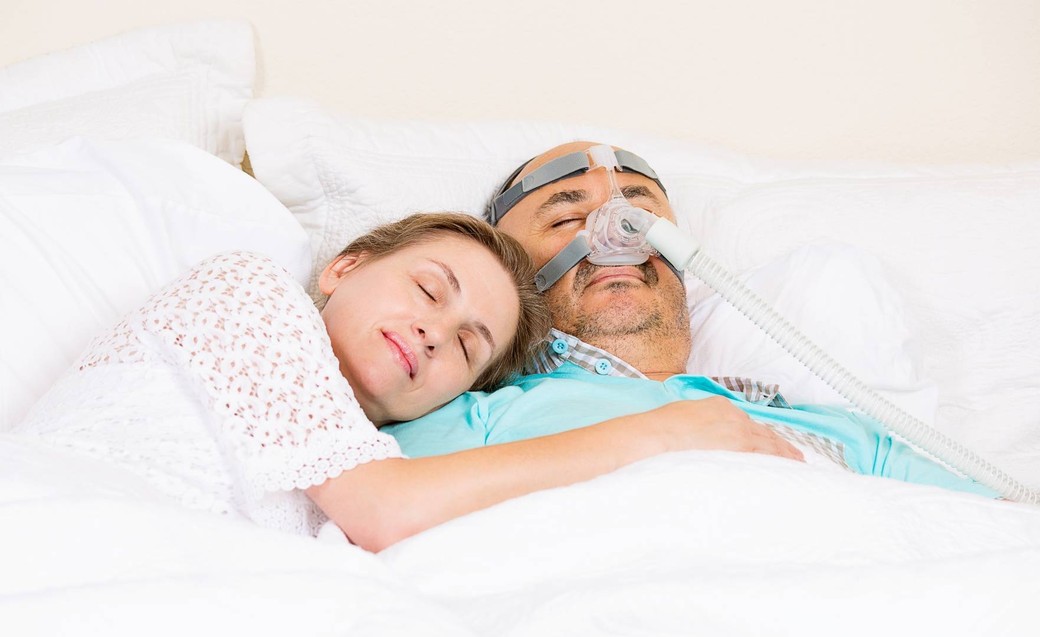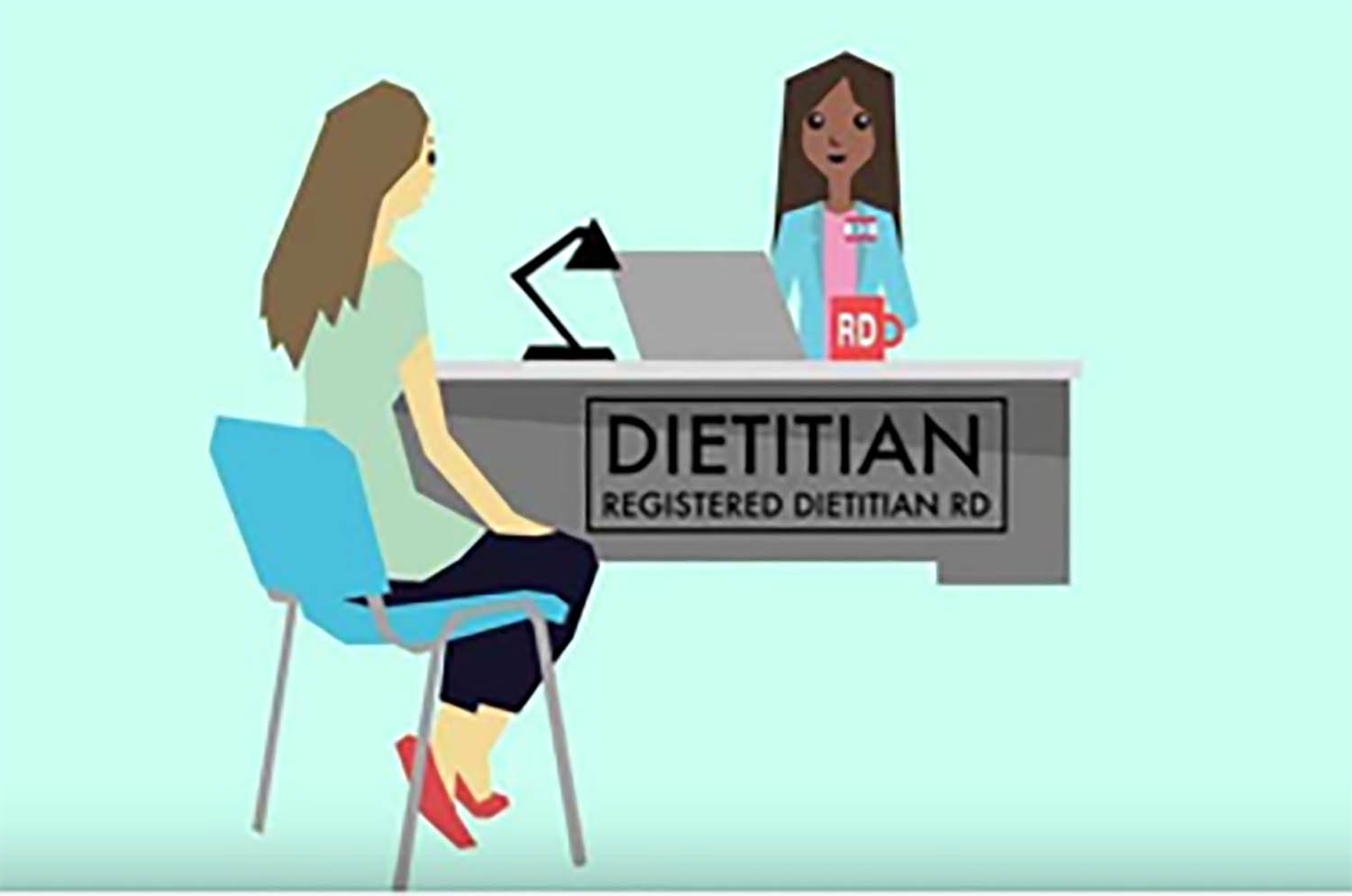
Sleep Apnea? How controlling your blood sugar could help
Robert, 45, is a business consultant and lives with his wife Susan and two children in Greely, Ottawa. About a year ago, he visited his family physician due to problems with his sleep. He explained to the doctor that for that last three months he had been waking up in the middle of the night with a choking or gasping sensation. In general, his sleep had become much more restless and he developed a loud snore. On waking, Robert would often have a headache and have a very dry, sore throat. He also mentioned he had a lack of energy during the day and had become increasingly forgetful, more irritable and had a low libido. From these symptoms, his family physician suggested he had sleep apnea and referred him for testing at a sleep clinic. The sleep clinic doctor confirmed the diagnosis of Obstructive Sleep Apnea (OSA) and recommended a cpap machine. He started using the machine a month ago, and while his sleep has much improved, Robert is eager to get to the root of the problem rather than just treating the symptoms.
A recent study found OSA is common in people with Type 1 Diabetes, but not associated with people with a high Body Mass Index. Obesity has been a reported as a common risk factor for OSA.
Earlier studies also demonstrate the likelihood of a link between Type 2 Diabetes. Estimates suggest 40 per cent of people with OSA will have Type 2 Diabetes. In people, that already have type 2 diabetes, the prevalence of OSA may be up to 23 per cent and the prevalence of some sort of sleep disorder may be as high as 58 per cent.
Both Type 1 and Type 2 Diabetes are the result of poor sugar regulation, the side effects of which can be peripheral neuropathy and muscle weakness. OSA occurs, as defined by the Mayo clinic, “when the muscles in the back of your throat relax.”
If you suffer from OSA, it is important you establish whether you have a sugar regulation problem.
A good starting point is to consider whether you have other symptoms of blood sugar dysregulation. Click here to download a short questionnaire, which will give you a rough idea as to how well you are controlling your blood sugar.
Secondly, if you have any concerns, visit your family physician and ask then to check your blood sugar markers.
Thirdly, if the tests your doctor asked for come back normal but you still suspect from your symptoms you have issues with blood sugar control, schedule a visit with a Functional Medicine Practitioner or Naturopathic Doctor. These practitioners can look at your blood tests from an optimal rather than disease point of view. This means that the reference ranges they use are much more sensitive for picking up potential problems.
Finally
I hope you found this information useful. More importantly, I hope you do something with it.
Disclaimer: The information provided in this article is for educational purposes only and is not intended to diagnose or treat any disease. Please do not apply any of this information without first speaking with your doctor.
Dominick Hussey is an Osteopathic Manual Practitioner, a Functional Medicine Practitioner, a PDTR Therapy Practitioner and the Co-founder of Holistic Wellness Ottawa














